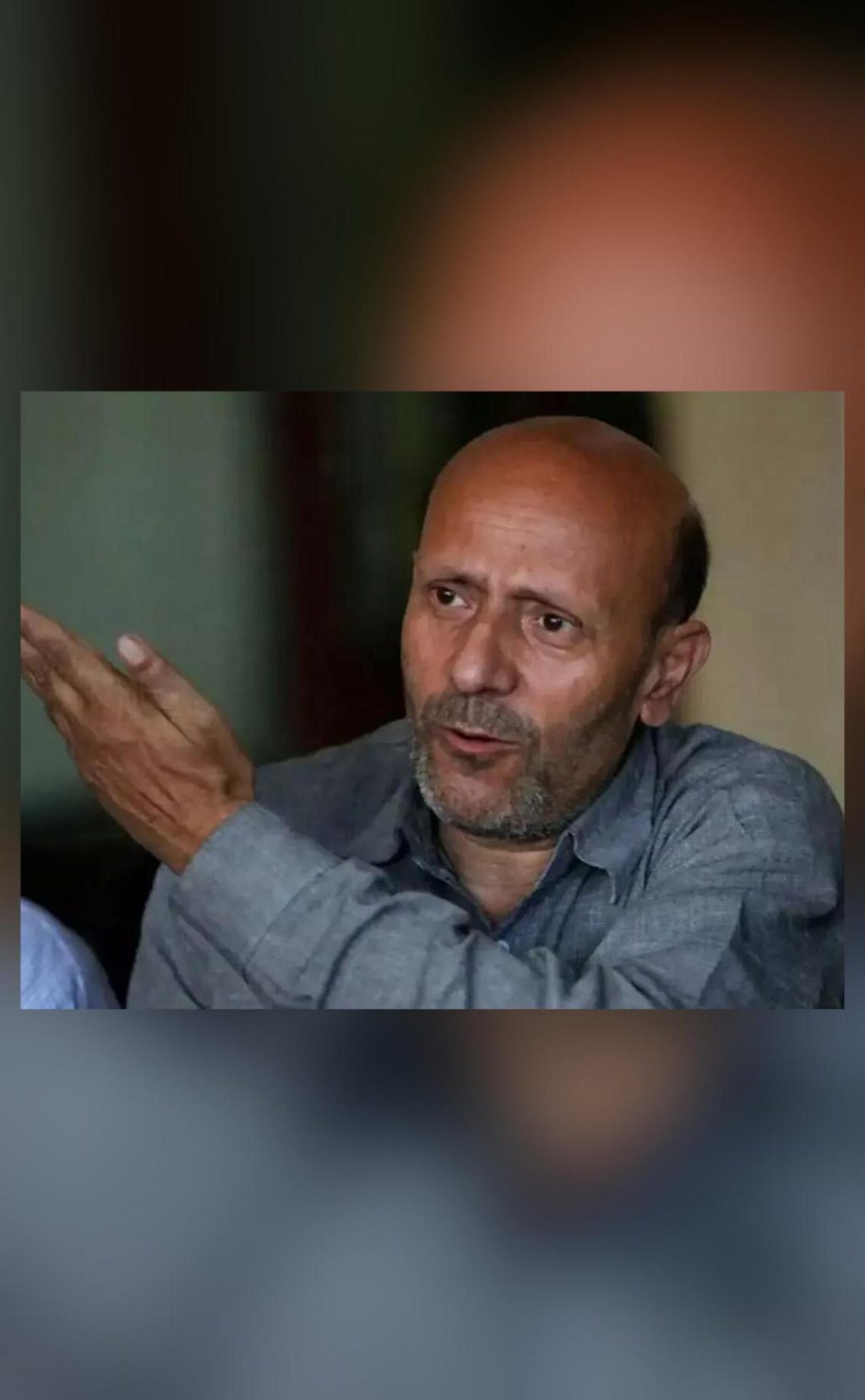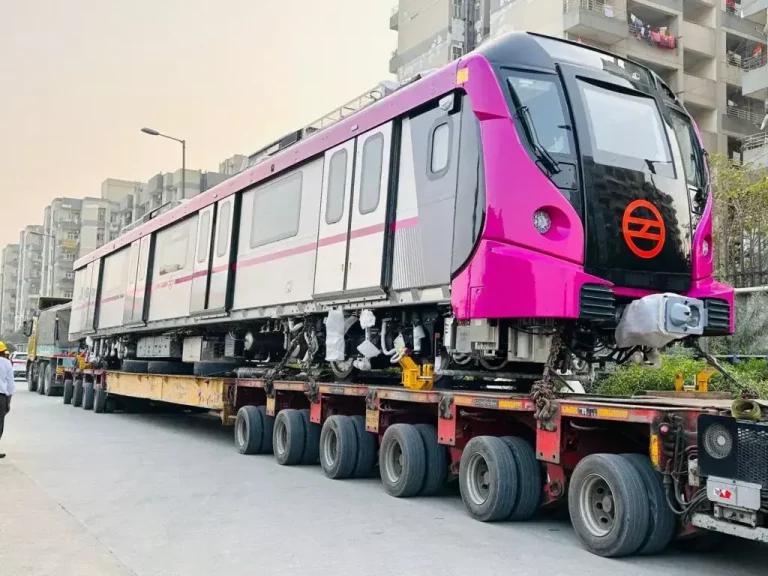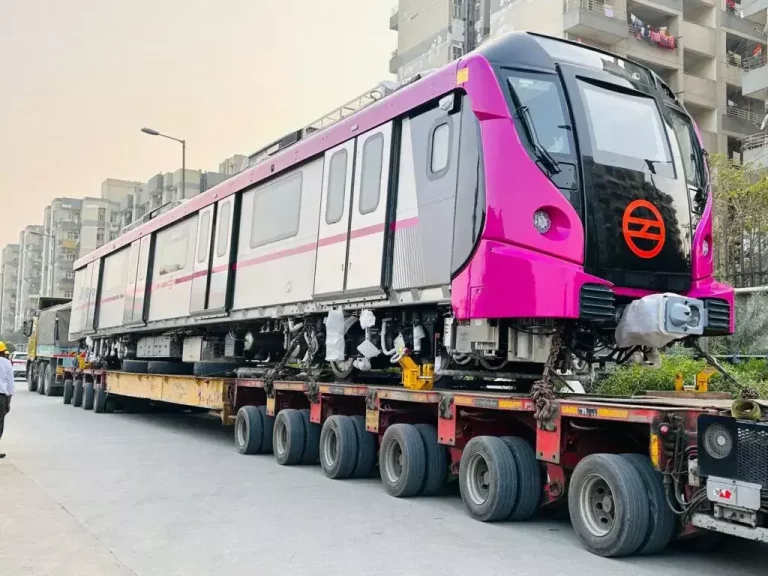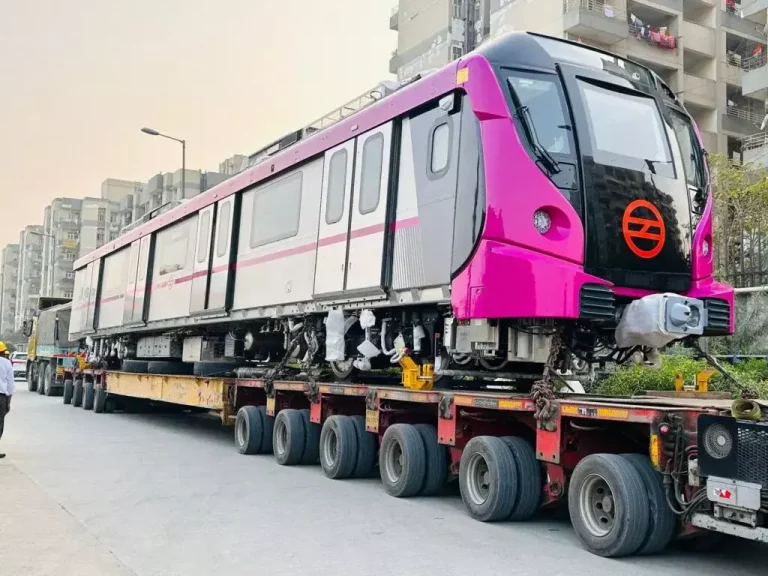
Jailed J&K MP Engineer Rashid gets parole to attend Parliament
In a surprising turn of events, the Delhi High Court has granted two-day custody parole to jailed Baramulla MP Engineer Rashid to attend the ongoing budget session of Parliament. This decision comes as a relief to Rashid, who has been facing trial in a terror funding case and has been languishing in jail for over a year.
According to reports, the court imposed several conditions on Rashid, including a ban on using phones, the internet, and speaking to media or anyone else. He will be escorted by police during his two-day parole, which will begin on March 1.
Engineer Rashid, a well-known politician from Jammu and Kashmir, was arrested in August 2017 by the National Investigation Agency (NIA) in connection with a terror funding case. He was subsequently booked under the Unlawful Activities (Prevention) Act (UAPA) and has been in jail since then.
Rashid’s parole to attend Parliament has raised several eyebrows, with many questioning the timing and circumstances of the decision. While the court has imposed conditions on Rashid, it remains to be seen whether these conditions will be sufficient to ensure that he does not use his parole to further his political interests or communicate with his supporters.
The grant of parole to Rashid has also sparked controversy, with some critics arguing that it is unfair to allow a convicted politician to attend Parliament while others are still languishing in jail. However, proponents of Rashid’s parole argue that it is a necessary step to ensure that the democratic process is not disrupted and that the MP can continue to represent his constituents.
The Delhi High Court’s decision to grant Rashid parole is a significant development in the ongoing case, which has been pending for several years. The court’s order has been seen as a victory for Rashid, who has been fighting to clear his name and regain his freedom.
Rashid’s case has been closely watched by political observers and the media, who have been following his trial and the developments surrounding it. The grant of parole has added a new twist to the story, raising questions about the court’s decision and its implications for Rashid and his political career.
In recent years, the Jammu and Kashmir region has been plagued by political unrest and violence, which has had a significant impact on the region’s economy and infrastructure. Rashid’s case has been seen as a symbol of the political polarization and division that has gripped the region, with many arguing that his arrest and trial are part of a larger political vendetta.
The grant of parole to Rashid has also been seen as a sign of the changing political landscape in Jammu and Kashmir, which has been grappling with the aftermath of the abrogation of Article 370 and the subsequent changes to the region’s special status. The move has been seen as a significant step towards normalizing political life in the region, which has been plagued by political uncertainty and instability in recent years.
In conclusion, the Delhi High Court’s decision to grant two-day custody parole to jailed Baramulla MP Engineer Rashid to attend the ongoing budget session of Parliament is a significant development in the ongoing case. While the court has imposed conditions on Rashid, it remains to be seen whether these conditions will be sufficient to ensure that he does not use his parole to further his political interests or communicate with his supporters. The grant of parole has sparked controversy, with many questioning the timing and circumstances of the decision. However, it is clear that Rashid’s case has significant implications for the political landscape in Jammu and Kashmir and will continue to be closely watched by political observers and the media.






